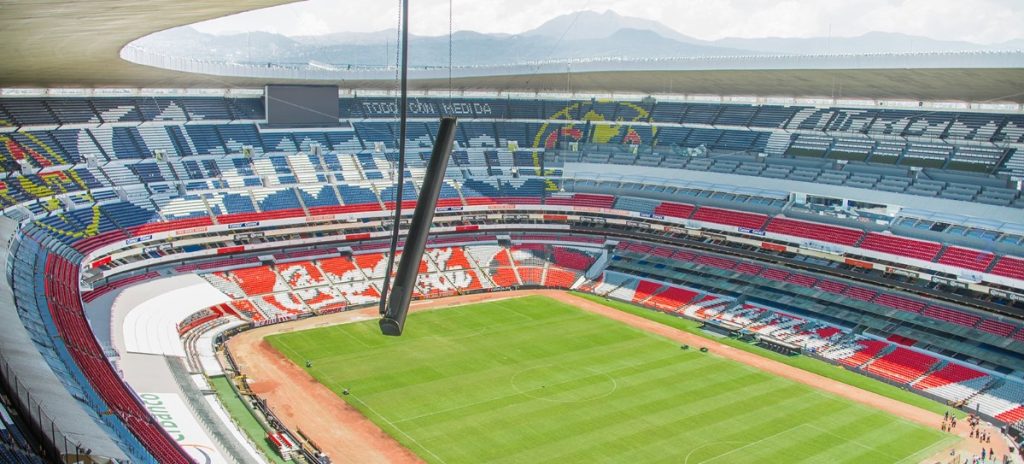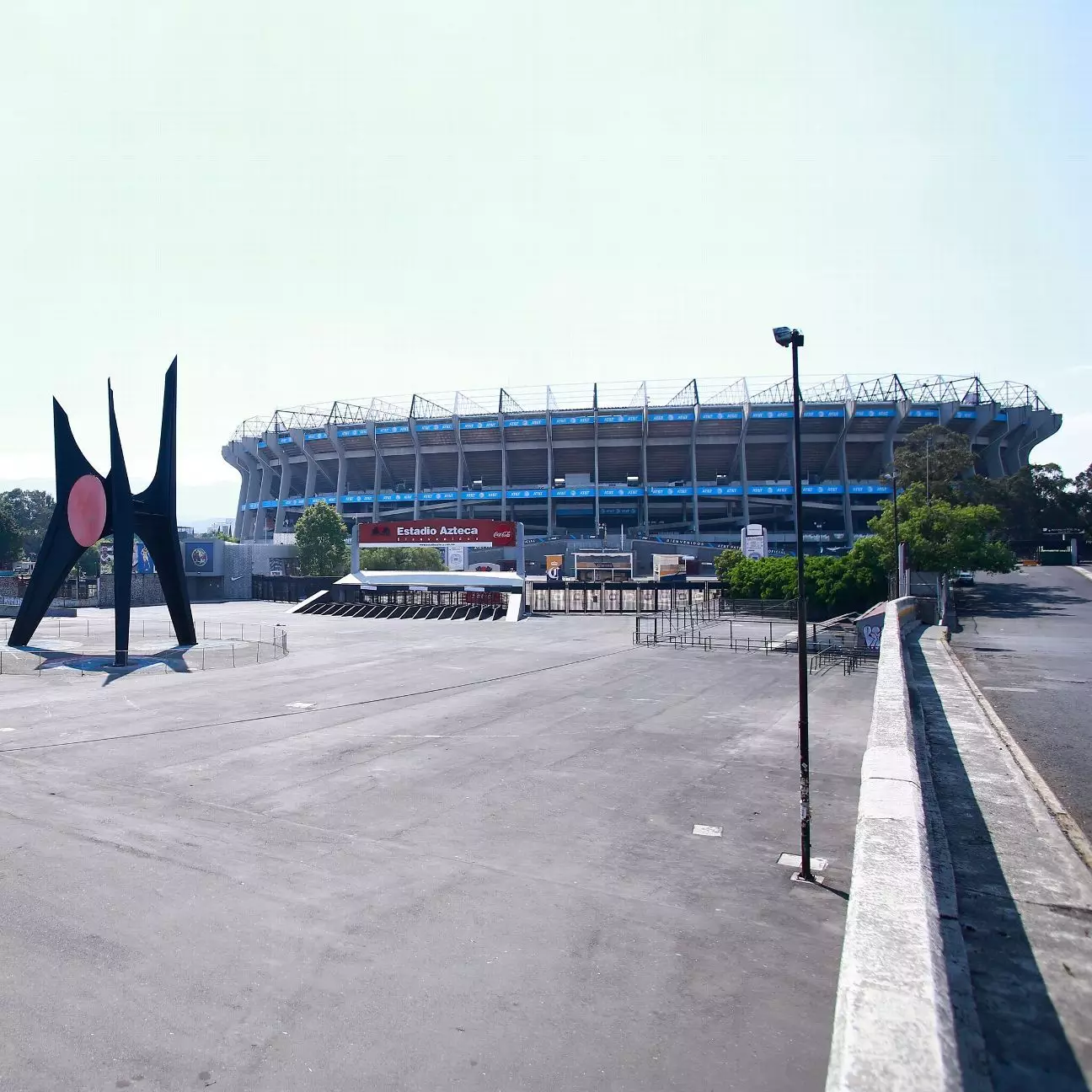In the historic shadows of Mexico’s Azteca Stadium, an unfolding conflict reveals deeper tensions between long-standing tradition and modern commercial interests. Originally conceived in 1961, the stadium was financed through innovative private investment—luxury boxes sold to wealthy owners, one of whom was Emilio Azcárraga Milmo. These arrangements granted owners access to premium seating for 99 years, symbolizing exclusivity and privilege. Over decades, these agreements created a legacy of entitlement—an unshakeable right to partake in the grandeur of Mexico’s most iconic sports arena.
Fast forward to today, the impending 2026 FIFA World Cup stokes the flames of upheaval. As FIFA assumes near-complete control of the stadium for the tournament, the very rights that promised exclusivity are under threat. The stadium’s managing company now seeks to renegotiate or even revoke these longstanding contracts, aligning their interests with FIFA’s logistical and financial demands. This scenario strikes at the heart of a tension that spans decades: should commercial and national interests override personal rights and historical commitments?
In many ways, this ongoing dispute exemplifies how the commercialization of global sports competitions can erode the legacy of previous generations of owners. For the suite owners, particularly those who purchased their spaces with the understanding they would be protected for nearly a century, this encroachment feels like an assault on their heritage. The legal battles underway echo a broader theme—what happens when the financial power of a global organization like FIFA clashes with private contractual rights?
The Legal and Ethnic Implications of the Dispute

The confrontation isn’t merely about access; it raises profound questions regarding contractual loyalty, fairness, and the evolving dynamics of sports stadium management. Guillermo Torres, a prominent suite owner, has filed a legal case against Profeco, illustrating how a fight for ownership rights can morph into an institutional conflict with government agencies. This legal battle underscores the vulnerability of longstanding agreements in the face of FIFA’s expansionist ambitions.
Such disputes also reflect societal tensions. The owners’ demand for guaranteed access can be seen as a stand against the commodification of a national cultural icon. Their legal actions challenge the narrative that such historical privileges can be overridden by FIFA’s desire for control and profit optimization. As Torres and other owners push back, they are asserting their rights as stakeholders who invested in more than just a luxury seat—they invested in a legacy of civic pride and personal privilege.
From a broader perspective, these conflicts also touch on issues of economic disparity and social justice. The inflated prices of tickets and premium spaces for World Cup events magnify inequalities. Whereas ticket prices skyrocket, the rights of individual owners—many of whom sought to preserve their private investments—are dismissed or compromised. They stand as relics of an era where stadiums were community landmarks rather than commodities.
The Future of Mexican Soccer Hospitality and Cultural Heritage
As the September 9 deadline approaches, the stakes are high. The pending resolution—whether through negotiations, legal rulings, or FIFA’s intervention—will set a precedent for the future management of legacy contracts tied to iconic stadiums worldwide. For Azteca’s suite owners, the controversy encapsulates a battle for control over a piece of their personal and cultural history—a fight to maintain access to a space that once symbolized national pride.
The promise from stadium management that they will pay FIFA the necessary amount to ensure owners retain their rights is as much a testament to the emerging complexities of managing sports venues as it is to the strength of the owners’ resolve. Yet, this situation remains precarious; negotiations are ongoing, and trust is fragile. The broader implication is that the commercial machinery of FIFA and stadium authorities may not respect historical agreements that were built on trust and long-term commitments.
This dispute ultimately raises provocative questions: should the rights of legacy owners be aggressively protected in the name of history, or should stadium management prioritize the commercial realities of hosting a global event? What does this conflict reveal about the changing nature of sports as both cultural heritage and profit-driven enterprise? As the world turns its focus to Mexico’s passionate football culture, a quieter battle for justice, privilege, and legacy quietly rages behind the scenes.

